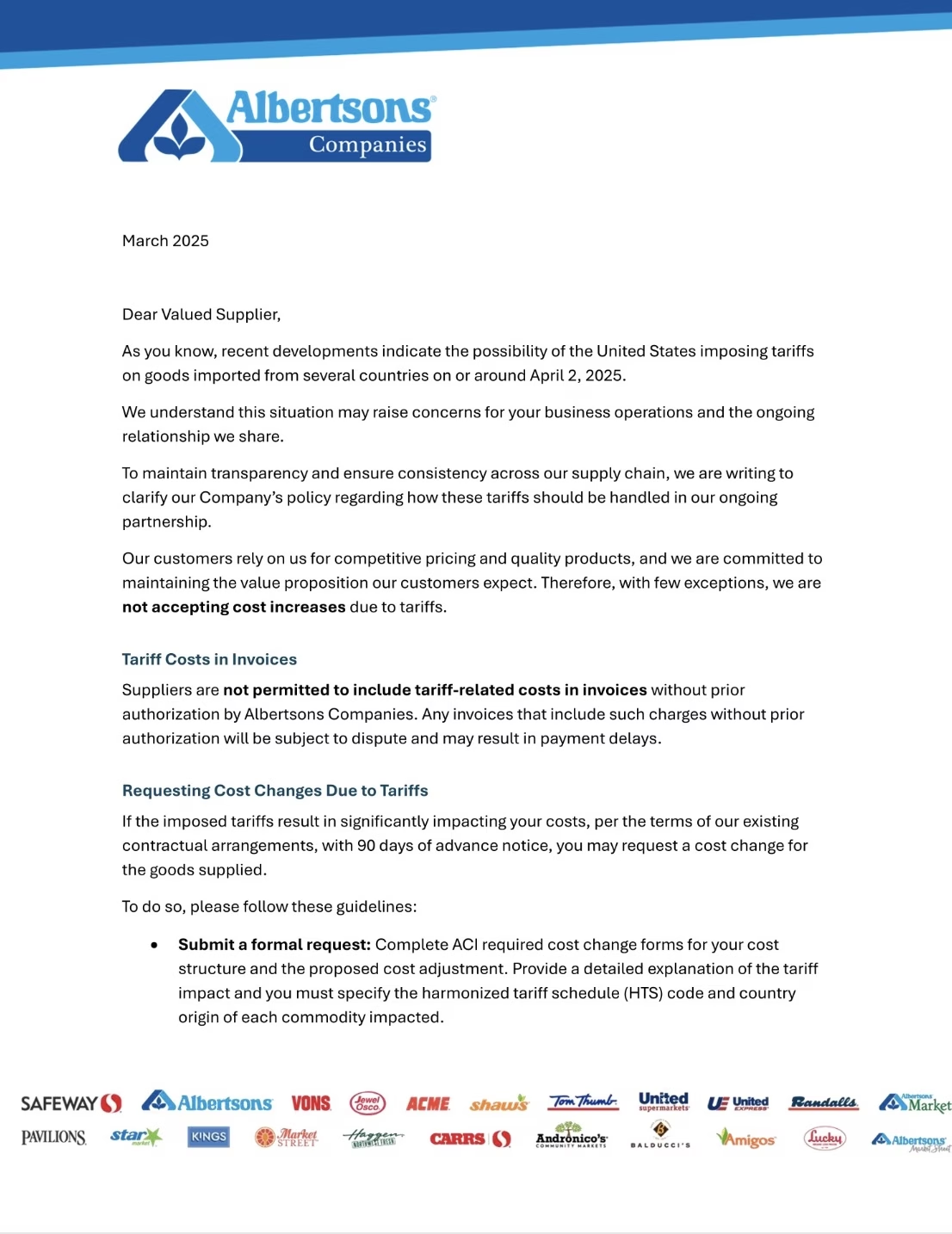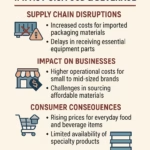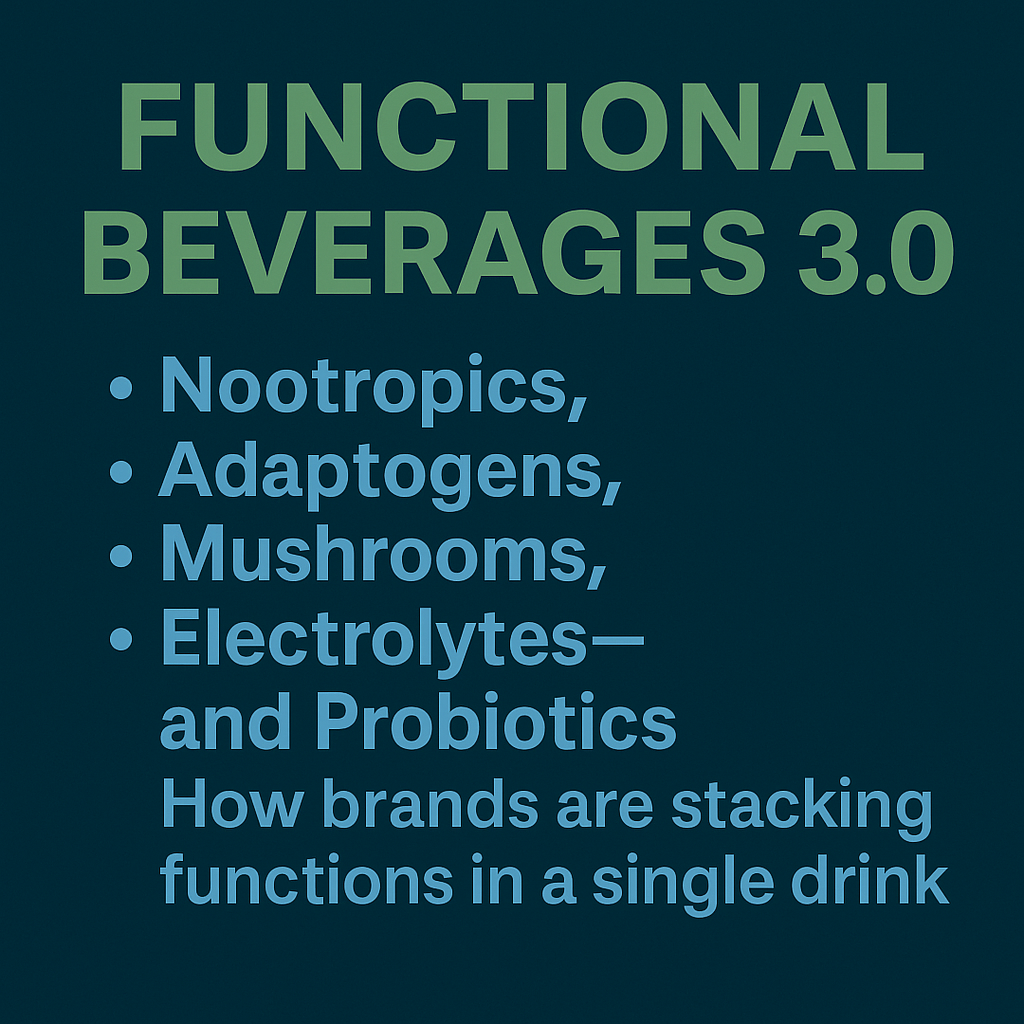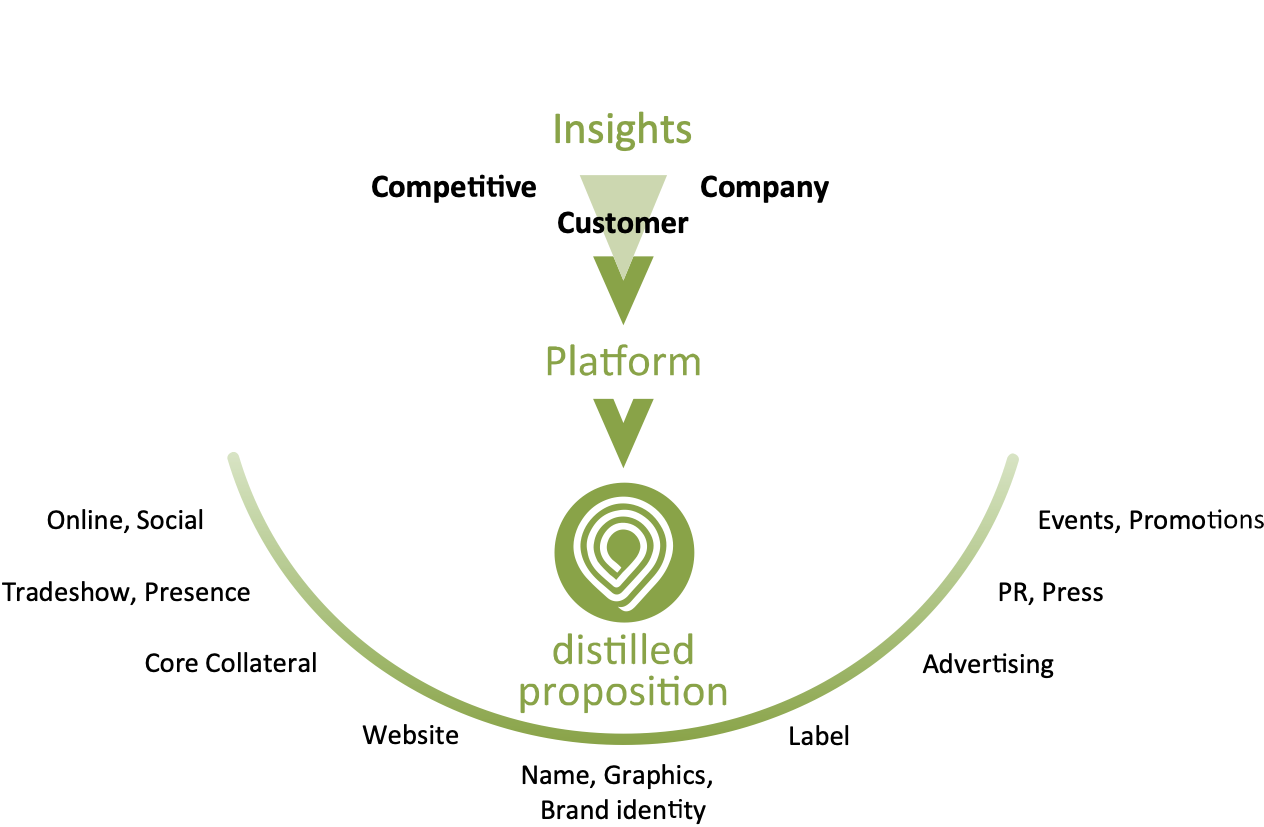The functional beverage space is evolving—fast. What started with protein shakes and vitamin waters has transformed into a sophisticated market…
Albertsons’ Tariff Letter: A Legal Disaster Waiting to Happen
In March 2025, Albertsons Companies sent suppliers a letter saying, in essence:
“We won’t accept cost increases for tariffs. Don’t even include them in your invoices without permission.”
At first glance, it sounds organized.
Look closer — and it’s clear:
Albertsons is sitting on a legal time bomb.
If they enforce this policy the wrong way, they risk:
- Breaching supplier contracts,
- Violating the Uniform Commercial Code (UCC),
- Triggering prompt payment law penalties,
- Facing massive bad faith claims,
- Opening themselves to class actions.
Here’s why this move could cost Albertsons millions.
1. You Can’t Change a Contract by Sending a Letter
Contract law and the UCC are clear:
You can’t unilaterally rewrite a signed agreement.
If suppliers already have the right to pass along tariffs, a policy letter doesn’t change that.
Without a formal amendment signed by both sides, this letter is legally meaningless.
Trying to act on it? That’s breach of contract.
2. Delaying Payment Could Be Illegal
Prompt Payment Laws in states like California, New York, Texas, and Florida mandate fast payment of undisputed invoices.
If Albertsons rejects lawful tariff costs based only on their new policy, they face:
- Automatic financial penalties,
- Interest charges,
- Lawsuits for payment enforcement.
Their attempt to “save money” could cost far more.
3. Bad Faith and Economic Coercion Risks
Every supply contract carries an implied duty of good faith.
Forcing suppliers to absorb new tariff costs, without negotiation, during volatile trade conditions?
That’s a lawsuit waiting to happen — with punitive damages attached.
If Albertsons selectively enforces this policy against smaller suppliers, they could even face economic coercion claims.
4. Discovery Will Kill Them in Court
If litigation happens, the March 2025 letter becomes Exhibit A.
Discovery will dig up:
- Emails about refusing tariff increases,
- Internal memos about “holding the line,”
- Documents showing coordinated rejections.
Judges hate arrogance.
Juries punish it.
5. The Fix Was Simple — and They Blew It
Albertsons could have easily protected itself by adding one sentence:
“Subject to the terms of your existing contract, we generally will not accept cost increases due to tariffs without prior written agreement.“
Instead, they chose intimidation.
They chose risk.
They chose exposure.
Where Albertsons Should Really Be Worried
Not every state treats supplier abuse lightly.
Some states are legal minefields for companies enforcing bad policies:
Strong Prompt Payment States
- California
- New York
- Texas
- Illinois
- Florida
Aggressive Bad Faith States
- California
- New Jersey
- Massachusetts
- Washington
- Illinois
Unfair Trade Practice Hot Zones
- California
- Massachusetts
- North Carolina
- New York
- Minnesota
California and Massachusetts are especially dangerous:
Treble damages (triple your costs) are real.
Final Thought
Supply partners aren’t pawns.
They are protected by contracts — and by law.
When a major buyer tries to unilaterally dictate terms — ignoring the basic rules of good faith and fair dealing —
it’s only a matter of time before it backfires.
A smart supplier lawyer can — and will — turn this “simple” letter into a courtroom disaster.
Because in business, contracts aren’t suggestions.
They are survival.
If you’re a supplier who received this letter — or you’re facing similar tactics — talk to a lawyer immediately.
The cost of fighting bad policies is always lower than the cost of surrendering to them.
#SupplyChain #Contracts #B2B #LegalRisk #PromptPayment #BadFaith #Albertsons #Tariffs







